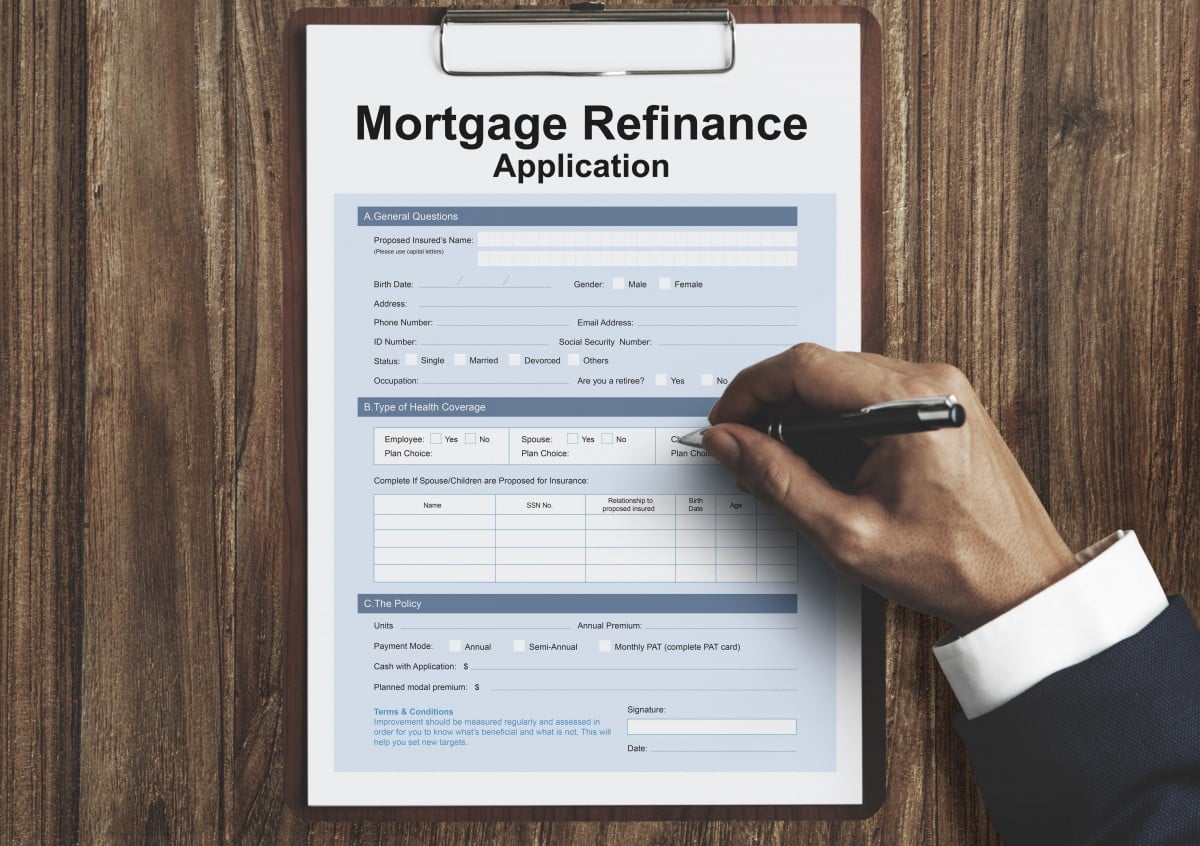Life goes on, and eventually, you realize, wow, I am starting to rack up quite a bit of credit card debt. Sometimes, it can be as quick as needing an emergency fix on your car, or that last-minute Christmas shopping. When you are getting charged interest on purchases that you haven’t been able to pay back, the costs start to take their toll. You may think that you’re paying back the credit card debt, but most likely, you’re paying a huge portion of your payment to interest before it ever hits the principal balance of your debt. If you have some high-interest debt, you may be able to consolidate it into your mortgage by refinancing.
High-Interest Debts Are Difficult to Pay Off
Most credit card companies will have a minimum payment of $10 plus any interest and fees. With higher dollar amounts, it’s typically 3%. You may not think it’s that much, but that’s only for the minimum payment. If you ever want to get ahead of your credit card debt, you’ll have to pay more than your minimum payment. We want to break down an example for you to see how interest can eat your payment and reduce how much you’re actually paying back on your debt.
Let’s say you have a credit card debt of $5000.
- Your Principal Amount is $5000.
- Your Minimum Payment is $150 (3%)
- Interest: ($5000 x 20% (Typical Credit Card Interest Rate)) / 12 months = $83.33
- Your ACTUAL Principal Payment is $150 – $83.33 = $66.67
This indicates that if you had $5000 in debt, with a minimum payment, 44% of your payment went to interest. That means it could take you up to 50 months to pay back that debt with the rolling interest and you would have paid $2333.28 in interest on $5000 of debt. Wow! There’s got to be a better way to manage your high-interest debts.
How can refinancing your mortgage help consolidate high-interest credit card debt?
When you have been paying off your mortgage, you’ve also been creating equity in your home. If you only have $125K left on a $200K home, then you have $75K in home equity. By refinancing your mortgage, you can get access to up to 80% of the home’s equity. Refinancing your mortgage can help combine your high-interest debts and add them to the overall principal of your mortgage. This is also called a debt consolidation mortgage. You may ask, why would I add my debts to my mortgage? The secret is in the interest rate of your mortgage term.
Current mortgage interest rates, depending on if you choose a variable rate or a fixed-rate mortgage, can range between 1.15% and 3%, typically, depending on your situation. When you consolidate your high-interest debt into your refinanced mortgage, you’ll be paying your mortgage and credit card debt down. With your new refinanced mortgage, you will have paid the credit card lender back for the full sum of the principal, which eliminates the 20% interest. Now, you’ll be paying a much smaller interest amount. This can save you up to 15% or more on interest vs. paying it down with the credit card lender. Sounds like a great plan!
I want to get started on refinancing my mortgage.
There are some things to consider when refinancing your mortgage. A few of those things are:
- How close you are to the end of your mortgage term. (This can change how much in penalty you would have to pay to start a new mortgage term.)
- Your current credit score can affect your qualification for refinancing your mortgage.
- Your current home’s equity
- Financial Stability
If you’re unsure if you qualify for refinancing, it’s best to talk to one of our expert mortgage specialists. We will be able to help you assess your current situation and what strategy would be best for you. If you don’t have high-interest credit card debt, you can also refinance your mortgage to consolidate auto loans, personal lines of credit, and student loans. If you or someone you know is considering refinancing, let’s connect you to the best options possible. When you’re ready, click the link here to get started!

